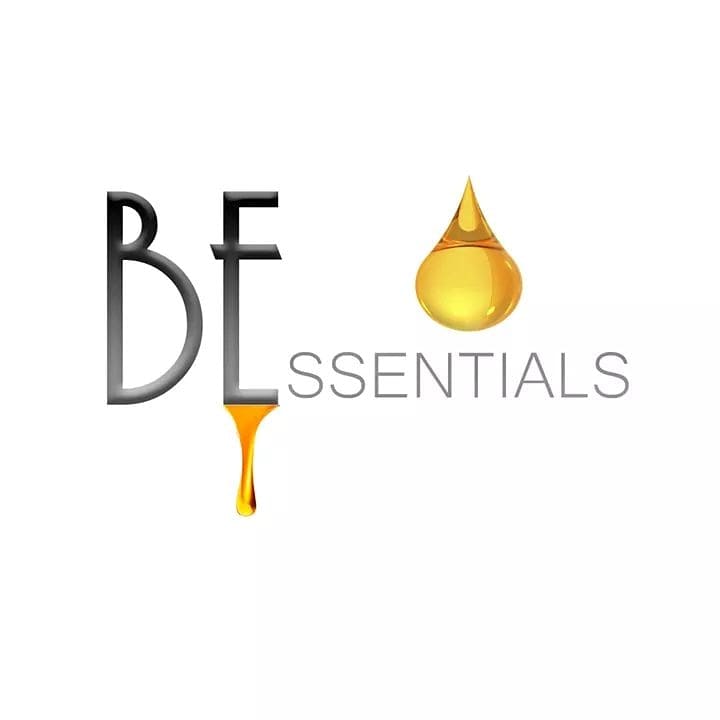Top 5 Skin Care Products That Irritates Eczema🧴

If you’re suffering from any skin condition, we’re sure you’ve tried countless treatments to provide some type of relief. However, you should know that there are many skincare ingredients that can make skin conditions like acne and rosacea even worse. And we know they are very often eczema irritants, so they are very important to highlight.
This week, we take a look at the top 5 skincare ingredients you should avoid in your daily regimen – this is most important for anyone with a skin condition, but it's good advice for healthy skin too.
All skincare we recommend on this blog ALWAYS avoids the following 5 chemicals.
Please keep in mind I am in no way a medical professional. If you’re experiencing severe eczema or have a topical infection, it is always best to seek medical advice immediately.
Which Skincare Ingredients to Avoid
1. TriclosanThis active ingredient can be found in literally any type of anti-bacterial product such as deodorants, cleansers, and hand sanitizers. There have been studies that show that this ingredient can pass through skin and interfere with hormone function.
Not only is it practically poison for our bodies, but it’s also extremely toxic to the environment
2. ParabensYou’ve probably heard this label thrown around a lot lately. Parabens are a class of preservatives that are included in cosmetics and pharmaceutical products. Not many people know how to recognize them in products due to the list of names they go by such as methylparaben, ethylparaben, n-propylparaben and many others that for the most part all end in “paraben.”
You can mostly find Parabens in moisturizer, lipstick, foundation, concealer, eye makeup and makeup removers.
3. PhthalatesSimilar to parabens, there is a very long list of names these chemicals go by. Essentially they are used in plastics, but are also used in personal care products to make fragrances last longer.
4. Fragrance or Perfume or Parfum
Really, unless it says essential oil, you’re looking at an artificial and chemical additive. They are always seen in products that have a scent. This is a very common eczema irritant and should ALWAYS be avoided when you’re dealing with dermatitis.
5. SiloxanesThese silicone-based compounds are seen often in cosmetics to soften, smooth and moisten skin. They also make hair products dry quickly and deodorant creams slide on more easily. You easily find them in shampoos, and body or facial creams.
Similar to Triclosan, these compounds have been shows to be toxic for humans, as well as the environment. In fact it can possibly impair human fertility.

So…What Now?
If you’re feeling somewhat depressed after reading this article or thinking you might have to clean out your entire cosmetic cabinet, don’t fear. It’s extremely difficult to avoid all these chemicals in our daily lives, but small steps are always better than none at all!
You can start by just replacing one thing like a moisturizer. And don’t believe the hype – you can use a good natural moisturizer on every part of your body, even your face and around the eyes. An oil like our Facial & Body Moisturizers would be our suggestion for all over moisture.
If you’re ready to find a good source for non-toxic, chemical free, gentle skincare, free of eczema irritants, then we recommend our Award-Winning Oil For Eczema. Our Oils have no side effects.
Do you try to avoid these skincare ingredients and eczema irritants?
How did you first learn about these chemicals?
How did you transition to all natural products?
Share this blog and your answers on social media to help someone in need. Thank you.


